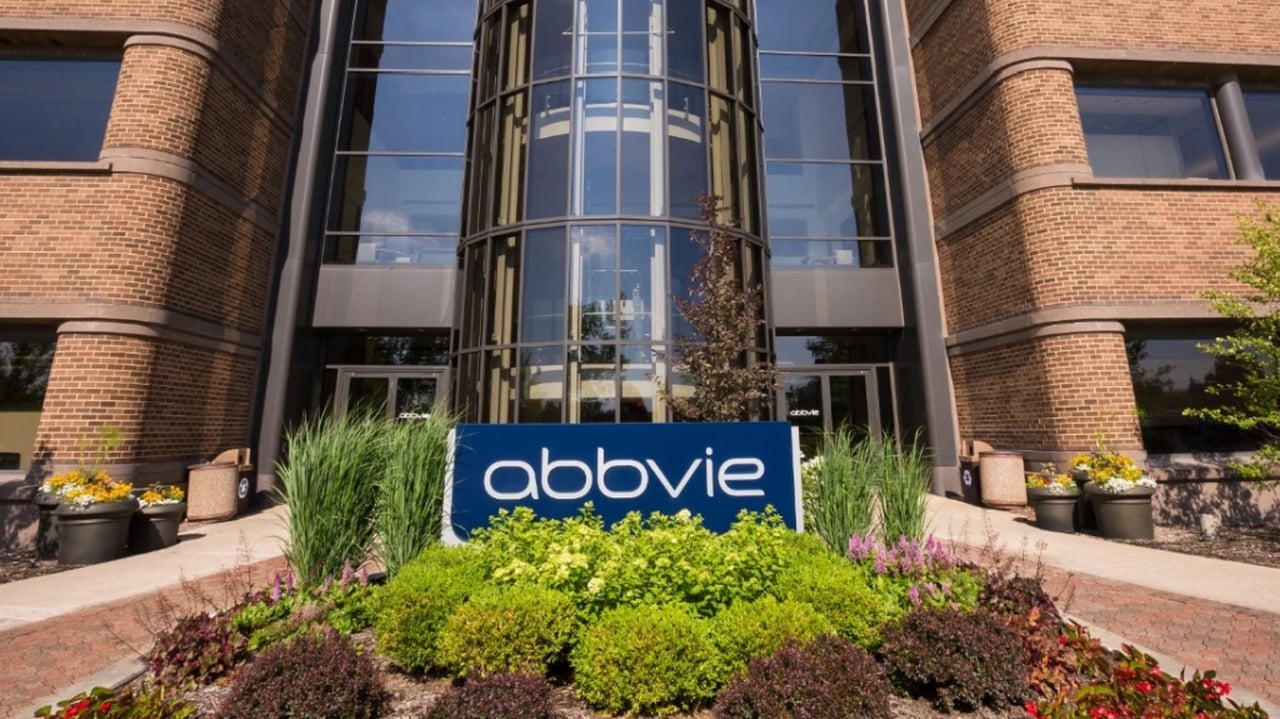AbbVie flexes litigation muscle with Rinvoq patent lawsuit against Sandoz, other generic players
22 Nov 2023
Drug ApprovalPatent InfringementBiosimilarPatent Expiration

Preview
Source: FiercePharma
The U.S. composition of matter patent covering upadacitinib—Rinvoq’s generic moniker—isn’t expected to expire until 2033, AbbVie said in an annual filing.
In a lawsuit filed in Delaware federal court Monday, AbbVie accused Sandoz, Hetero Labs, Aurobindo Pharma, Intas Pharmaceuticals and Sun Pharmaceutical of trying to sidestep dozens of patents protecting Rinvoq through the next decade.
In early 2023, Rinvoq picked up its seventh FDA approval in the span of less than four years, winning FDA clearance as a treatment for Crohn’s disease. Aside from its Crohn’s and ulcerative colitis nods, Rinvoq is approved in rheumatoid and psoriatic arthritis as well as dermatitis, ankylosing spondylitis and axial spondyloarthritis.
The drug generated $1.11 billion in global sales in the third quarter alone. Last year, Rinvoq, which was first approved in August 2019, brought home $2.52 billion. The JAK inhibitor has already eclipsed that sum in the first nine months of 2023, during which time Rinvoq ginned up $2.71 billion in sales.
The U.S. composition of matter patent covering upadacitinib—Rinvoq’s generic moniker—isn’t expected to expire until 2033, AbbVie said in an annual filing earlier this year.
Other sources, such as the FDA Orange Book, show a handful of patents protecting Rinvoq up until March 2038.
While it appears Rinvoq generics aren’t due to arrive for at least another decade, that timeline could change based on regulatory or legal challenges.
Now, AbbVie is seeking an injunction to stop SandozSandoz and the other generics makers from marketing their copycat products ahead of Rinvoq’s loss of exclusivity. AbbVie is also seeking damages in the event any of the companies sell or commercially manufacture their generics prior to the expiration of a multitude of patents.
Meanwhile, when it comes to Humira revenue erosion, AbbVie’s megablockbuster has fared better than expected this year.
Back in July, Gonzalez said the company was “competing very effectively with the various biosimilar offerings.”
At the time, the company dialed back its 2023 Humira sales erosion prediction to 35%, down from a prior estimate of 37%.
For more details,please visit the original website
The content of the article does not represent any opinions of Synapse and its affiliated companies. If there is any copyright infringement or error, please contact us, and we will deal with it within 24 hours.
Organizations
Targets
Hot reports
Get started for free today!
Accelerate Strategic R&D decision making with Synapse, PatSnap’s AI-powered Connected Innovation Intelligence Platform Built for Life Sciences Professionals.
Start your data trial now!
Synapse data is also accessible to external entities via APIs or data packages. Leverages most recent intelligence information, enabling fullest potential.



